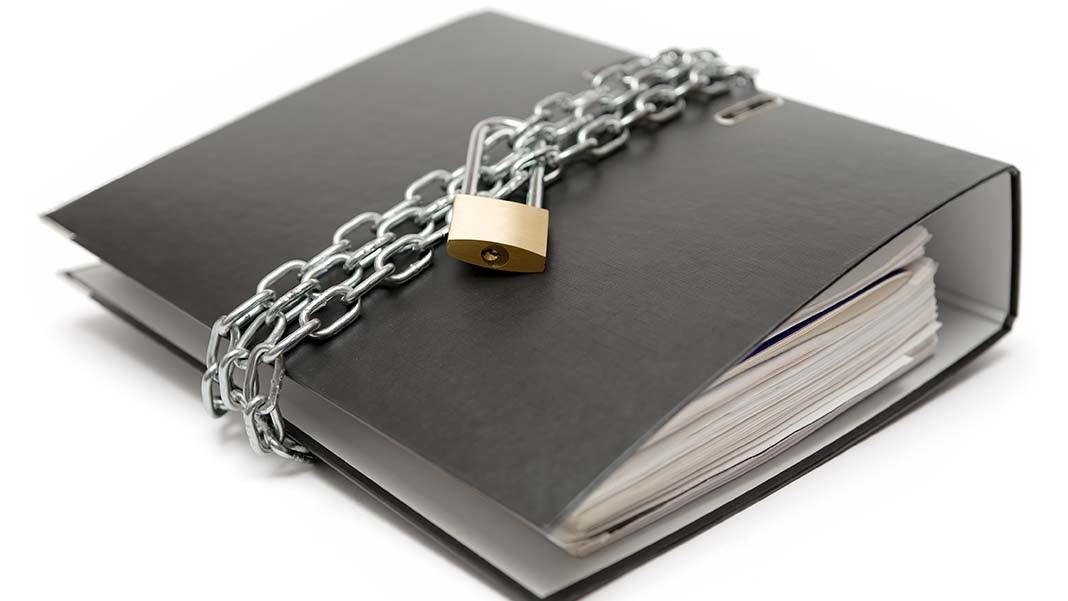
If you have an exciting idea for a new mobile app, but are new to the world of mobile app development, you may make the common mistake of thinking least about the thing you should be most concerned about—protecting your idea. The instant your brilliant mobile app idea comes to you is the time for you to start protecting it. Here are some tips, gleaned from our years of experience working with startups, that you should consider:
1. Always use a Non-Disclosure Agreement (NDA)
A non-disclosure agreement (NDA) is a standard document that you can use to protect your app idea. Before you discuss your app idea with anyone—even in vague terms—you should get a signed NDA from them. This document will make the signers liable for damages if they disclose your idea to anyone. You can easily obtain NDAs from your attorney or from online legal services. Make certain that the people who sign them use their formal name and that the form includes accurate contact information. NDA is a very important document you want to use to secure your app idea.
2. Disclose Information Selectively
You don’t want to provide a complete description of your app idea, especially in the initial stages of developing it. For example, if you want to discuss your idea with an app developer to get an estimate, you don’t have to disclose your idea in its entirety. You can hide some of your key features and get the estimates on standard features. Once you build some trust in the relationship, you can reveal more information.
3. Know More About the Recipient
Before you disclose your information to anyone, you want to research them and find out their history, authenticity and credentials. If you are disclosing your idea to an app development company, make sure it is one that is well-established, has been in the market for a long time and has delivered for other startups. Reputable mobile app development companies make it their business to keep your idea safe.
However, if you are talking to a freelancer who does not have any established history, you will want to be more careful. If you are talking to a professional investor, Venture Capitalist, or angel investor, who has a history in app investment, you can consider them more reliable than someone who had no public image and record for previous investment. Nonetheless, obtain a signed NDA prior to any discussion about your app idea.
4.Publish Your MVP App Sooner Rather than Later
You should publish your Minimum Viable Product (MVP) app as soon as possible. Once you publish your app, and it is publicly available, then your idea is protected under copyright law, as the first to publish it. Published apps are protected the same way in copyright law as published books are protected. The sooner you publish your app, the better your protection will be. Also, you will have first mover advantage in the market.
5. Create Your Design and File for Trademark
Before you develop your mobile app, which can take a long time, you can first create the design of your app. Design work typically does not take more than 5-6 weeks. Once done, you can include your design, logo and requirements in a trademark application. This will give you some protection. It is not as strong as a patent, but still you can use it in court if someone tries to copy your great idea.
6. File for a Provisional Patent if Needed
Filing for a patent is not easy. It is a very time- and money-consuming process. If you think your idea is unique and you want to patent it, then you can start with a provisional patent. Filing a provisional patent is relatively easier, as you can do it yourself without a lawyer. You can go to the USPTO website and do the entire process online. Your idea will then be protected for one year. During that one year, you will get enough input on your idea to determine if it really is a great one and should have full patent protection. At that point, you’ll want to get a lawyer’s help to file for a patent.
Read more about patenting an app












